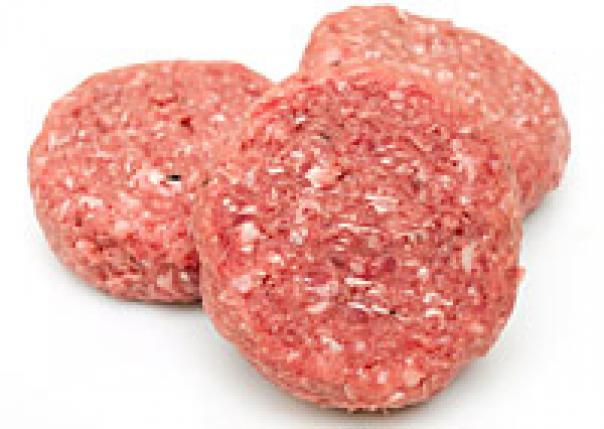
The European Commission (EC) has asked member states to put Official Control Plans in place that allow sampling and testing for presence of horse DNA in foods marketed or labelled as containing beef.
In the UK, 150 samples of beef products are being taken for the survey, and the results of the analysis will be reported to the EU along with details of any follow-up action taken.
In the UK, 24 local authorities began collecting samples this week throughout the UK. The types of foods being sampled are minced beef, beefburgers, beef sausages, meatballs and ready meals, and will include frozen, chilled, cooked and canned ranges.
Samples will be collected from retailers, wholesale and catering suppliers (including those supplying schools, prisons and hospitals) and coldstores.
Both prepacked and non-prepacked foods will be sampled. The FSA will report to the Commission by April 9th.
The EC has indicated that gelatine is out of scope of the control plan. Products such as stock cubes and dripping will also not be included at this stage, as testing for animal species in these highly processed products is difficult, the test is not widely available, and the meat content in these products is low.
The immediate priority is on products in which meat is a significant ingredient.
The sampling and testing for this EU programme is the third phase of the FSA's UK-wide survey of food authenticity in meat products.
Phases 1 and 2 involve the collection of 364 samples of beef products by local authorities, the first results of which will be published by the FSA next week.
The collection of these samples by local authorities is separate from the industry testing programme, the results of which have been published by the FSA over the past two weeks, with a third tranche due to be published Friday (March 1st).